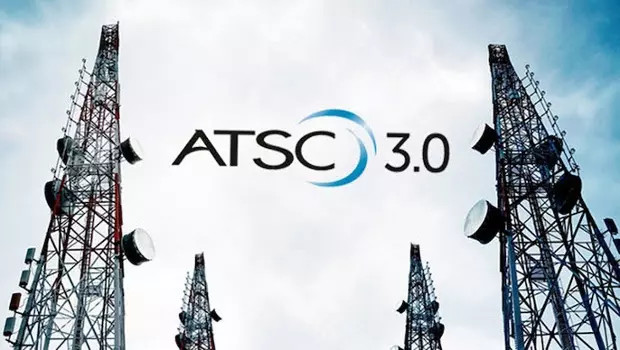ATSC 3.0 Becomes One Of Two Finalists For Brazil’s Future TV 3.0 Standard
Lab testing showed 3.0 with advanced components offers the greatest spectral efficiency

WASHINGTON, D.C.—Fórum Sistema Brasileiro TV Digital Terrestre (SBTVD Forum) has chosen the ATSC 3.0 physical layer as one of two finalists in its evaluation of technologies for the over-the-air component of Brazil’s TV 3.0 broadcast standard, the Advanced Television Systems Committee said today.
Phase 3 lab testing has concluded and will now move into field testing. The SBTVD Forum is expected to make a recommendation on the OTA component in early 2024, it said.
Other ATSC 3.0 components already selected for the TV 3.0 standard include ROUTE/DASH transport, MPEG-H Audio, IMSC1 captioning and Advanced Emergency Messaging.
ATSC began working with the SBTVD Forum in 2020 at the inception of the evaluation process. Recently, the committee learned that ATSC 3.0 performed well in relevant basic tests and in advanced configurations like Multiple Input Multiple Output (MIMO) transmission with channel bonding and Layered Division Multiplexing (LDM), it said.
Phase 3 lab testing demonstrated the ATSC 3.0 standard with MIMO and LDM achieved best-in-class spectral efficiency, making possible optimal coverage and capacity for both indoor and high-speed mobile outdoor applications, it said.
“ATSC commends the SBTVD Fórum for its solid engineering and careful attention to detail throughout all phases of testing, including this latest round of physical layer lab tests. I am proud of the ATSC Brazil Implementation Team members who have worked hard to support the ATSC 3.0 proposal and to coordinate with the Forum. ATSC looks forward to continuing to work with the Fórum in the forthcoming Phase 3 physical layer field tests,” said ATSC President Madeleine Noland.
More information is available on the ATSC website.
Get the TV Tech Newsletter
The professional video industry's #1 source for news, trends and product and tech information. Sign up below.
Phil Kurz is a contributing editor to TV Tech. He has written about TV and video technology for more than 30 years and served as editor of three leading industry magazines. He earned a Bachelor of Journalism and a Master’s Degree in Journalism from the University of Missouri-Columbia School of Journalism.

